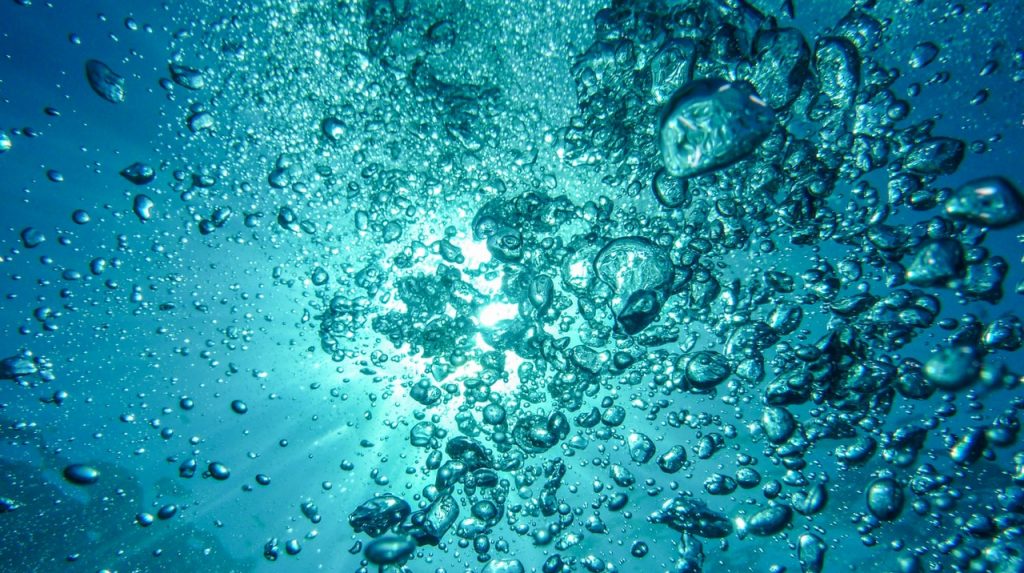WASHINGTON, D.C.—The International Water, Sanitation and Hygiene Foundation (IWSH) launched the Wash Station Challenge June 1, a new collaboration with the DigDeep Navajo Water Project, the United Association of Journeymen and Apprentices of the Plumbing, Pipefitting and Sprinkler Fitting Industry of the United States and Canada (UA), and Ferguson to deliver handwashing stations to Navajo Nation communities.
Assembly projects will be hosted at 10 participating UA locals nationwide, where a series of mobile wash station facilities will be built that have been designed to provide a month’s worth of non-potable water for daily handwashing and general hygiene for a family of six, states a release. Once completed, the wash stations will be shipped to designated DigDeep staging points on the Navajo Nation and teams will deliver, install and maintain the wash stations at sites.
Two wash station models have been developed: a grid-powered version that uses a 120-volt trough-type heater that sits inside a 210-gallon water tank and an off-grid version that incorporates a 12-volt circulating pump and a timer, adds the release. The pump is set on a timer to circulate the water and keep it from freezing, which is vital for wash stations to perform in winter conditions.
该计划旨在涉及崭露头角的apprentices and participating UA locals and training centres across the country include: Plumbers & Gasfitters UA Local 12 (Boston); Pittsburgh Plumbers 27 (Pittsburgh); Plumbers Local Union 68 (Houston); Plumbers Local 78 (Los Angeles); Plumbers Local 130 (Chicago); Plumbers Local 230 (San Diego); Plumbers & Steamfitters UA Local 400 (Kaukauna, Wisconsin); UA Local Union 412 (Albuquerque); Local 469 Plumbers and Pipefitters (Phoenix); and Plumbers Local 690 (Philadelphia).
“A popular saying among IWSH volunteers is ‘it’s not what we do, but why we do it,’” said IWSH managing director Seán Kearney in a statement “This thinking remains front and centre as we launch this new project: these new handwashing stations are going to provide further hygiene capacity for Navajo people and community sites that are currently without, and help further protect general public health and safety in the face of the ongoing coronavirus pandemic. So, that is the ultimate ‘why’ behind this Wash Station Challenge effort.”
Visitwww.iwsh.orgfor more information.

Recent Comments
comments for this post are closed